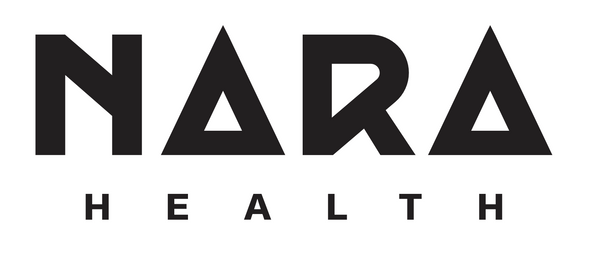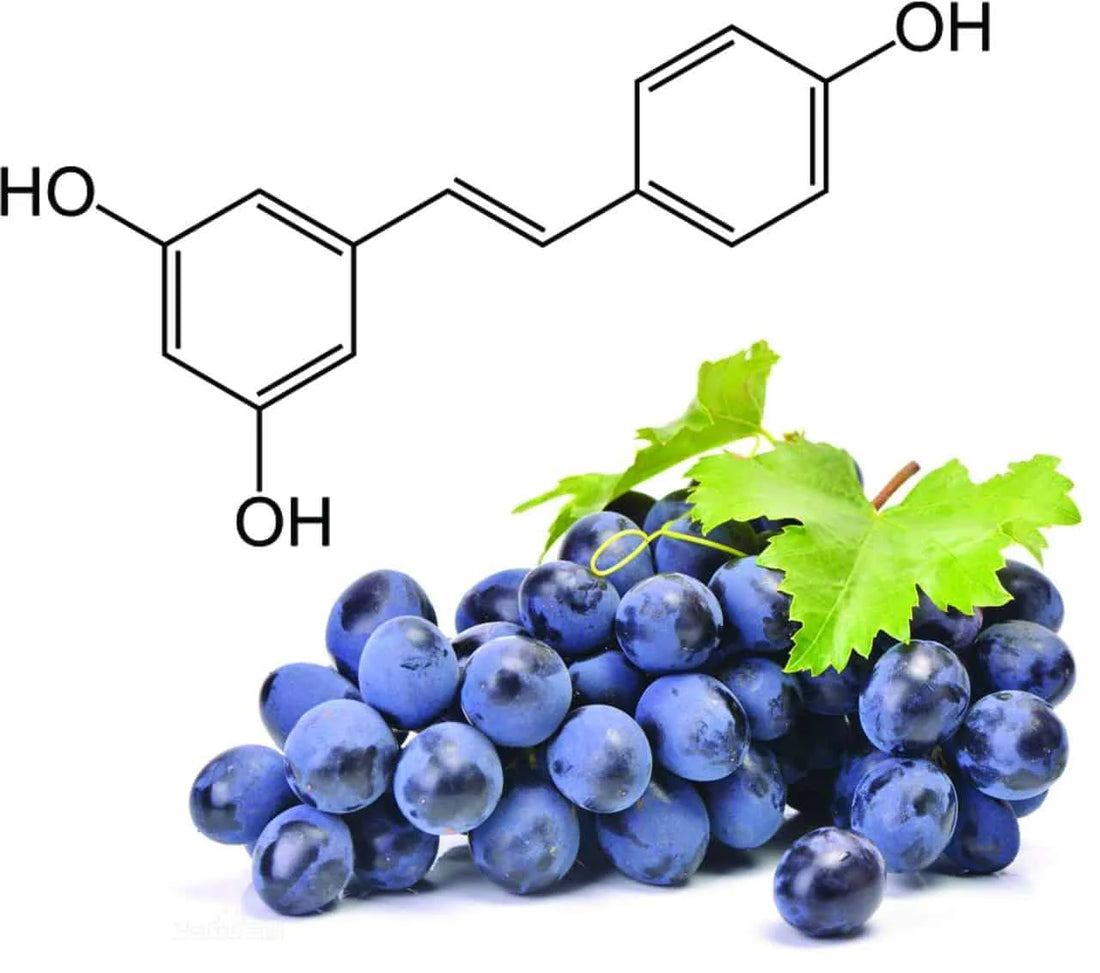Resveratrol is a chemical mostly found in red grapes and products made from these grapes (wine, juice).
Potential Benefits of Resveratrol:
Antioxidant Activity: Resveratrol is celebrated for its potent antioxidant effects, which help combat oxidative stress in the body. This oxidative stress is linked to various chronic diseases and aging processes.Anti-Inflammatory Properties: Studies have shown that resveratrol exhibits anti-inflammatory effects, potentially reducing the risk of inflammation-related conditions such as heart disease, diabetes, and certain cancers.
Heart Health: Resveratrol has been associated with improved cardiovascular health by supporting healthy blood flow, reducing cholesterol levels, and protecting against arterial damage.
Brain Health: Some research suggests that resveratrol may support cognitive function and protect against age-related cognitive decline by reducing inflammation and oxidative stress in the brain.
Longevity: Resveratrol has garnered attention for its potential role in promoting longevity, with some studies indicating that it may activate longevity genes and mimic the effects of caloric restriction.
When to Take Resveratrol:
Determining the optimal time to take resveratrol can enhance its effectiveness and maximize its benefits. The molecule is not water-soluble, but fat-soluble. Putting the powder in a glass of water and then drinking it is therefore not useful. A more effective option is to take it together with a fatty meal, e.g. with yoghurt or a spoonful of oil. The taste is slightly acidic, but not unpleasant. The fine powder has a yellowish shimmer and the smell of berries and grapes underlines its natural origin.
It is also recommended to take resveratrol early in the morning, on an empty stomach, i.e. without prior food intake.
Here are some considerations:
With Meals: Resveratrol is fat-soluble, meaning it is better absorbed when consumed with dietary fat. Taking resveratrol supplements with meals that contain healthy fats, such as olive oil or avocado, may improve absorption.Consistency is Key: To experience the potential benefits of resveratrol, consistency in supplementation is essential. Incorporating it into your daily routine, whether in the morning or evening, can help maintain steady levels in the body.
Before Exercise: Some research suggests that taking resveratrol before exercise may enhance its effects on cardiovascular health and exercise performance. Consider taking it as part of your pre-workout routine.
As Recommended by a Healthcare Professional: It's crucial to consult with a healthcare professional before starting any new supplement regimen, including resveratrol. They can provide personalized recommendations based on your individual health needs and circumstances.
Resveratrol offers a promising array of potential health benefits, ranging from antioxidant and anti-inflammatory effects to support for heart and brain health. By understanding what resveratrol is and the optimal times to take it, you can incorporate this natural compound into your wellness routine to promote overall health and vitality. As with any supplement, it's essential to prioritize quality, consistency, and personalized guidance from healthcare professionals to reap the maximum benefits of resveratrol supplementation.






